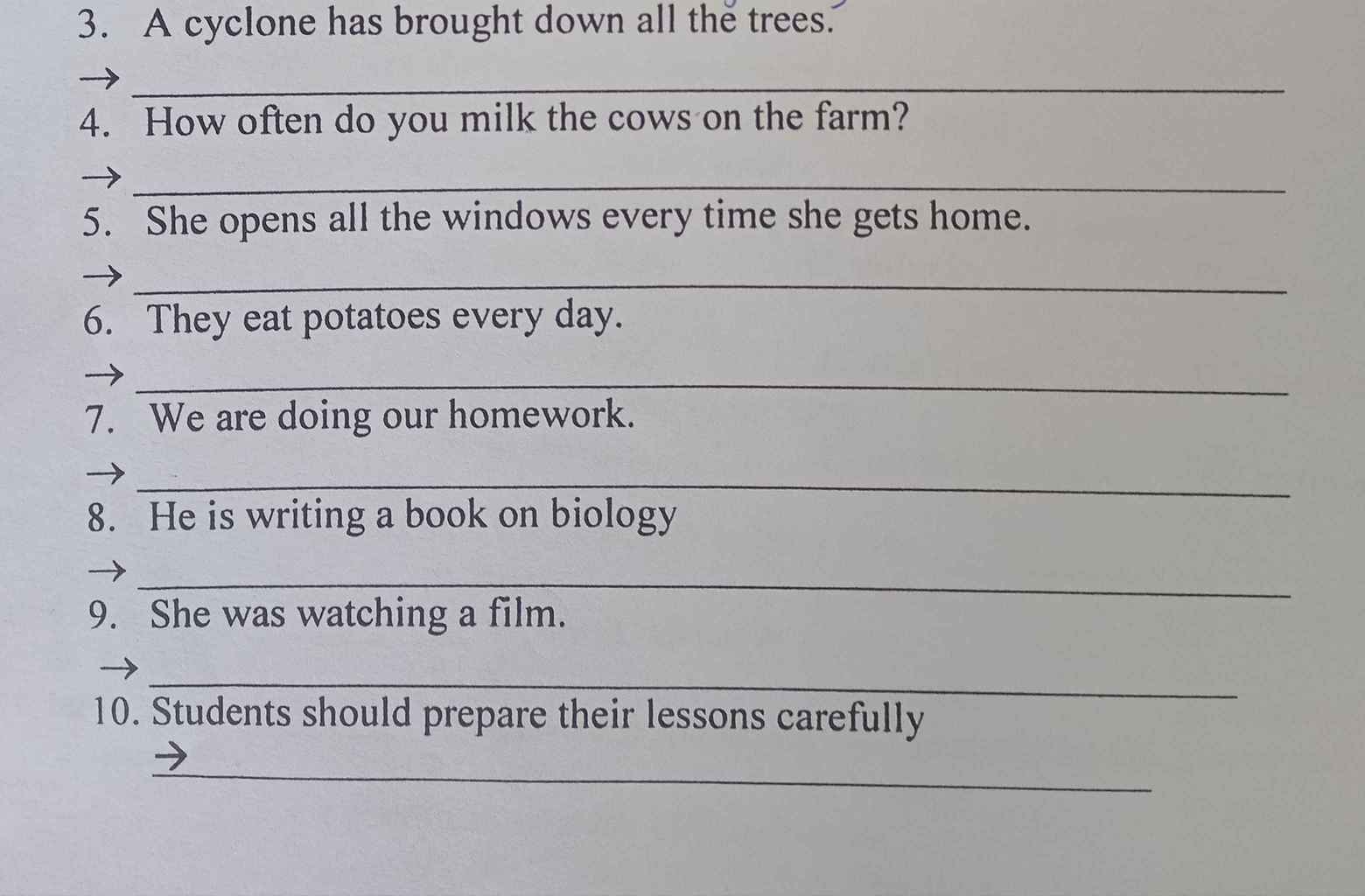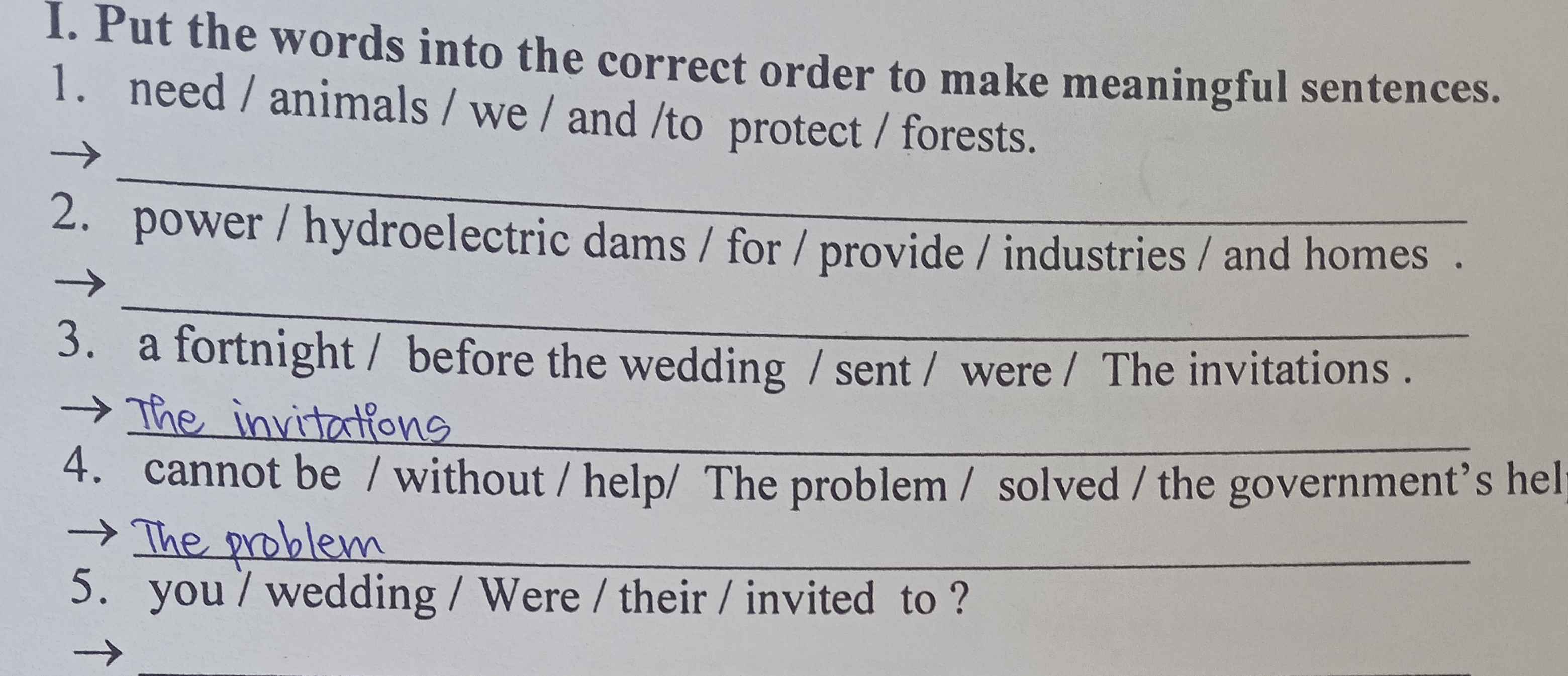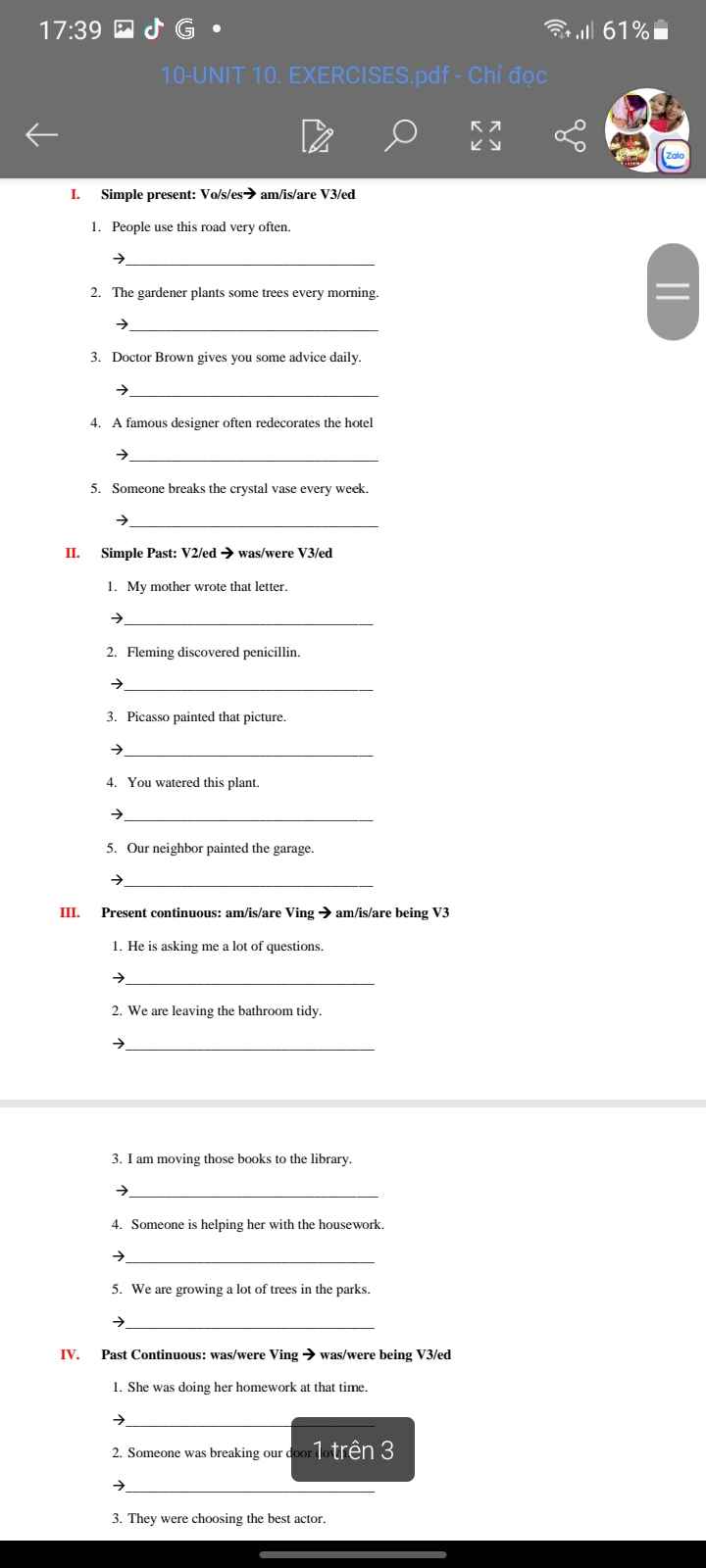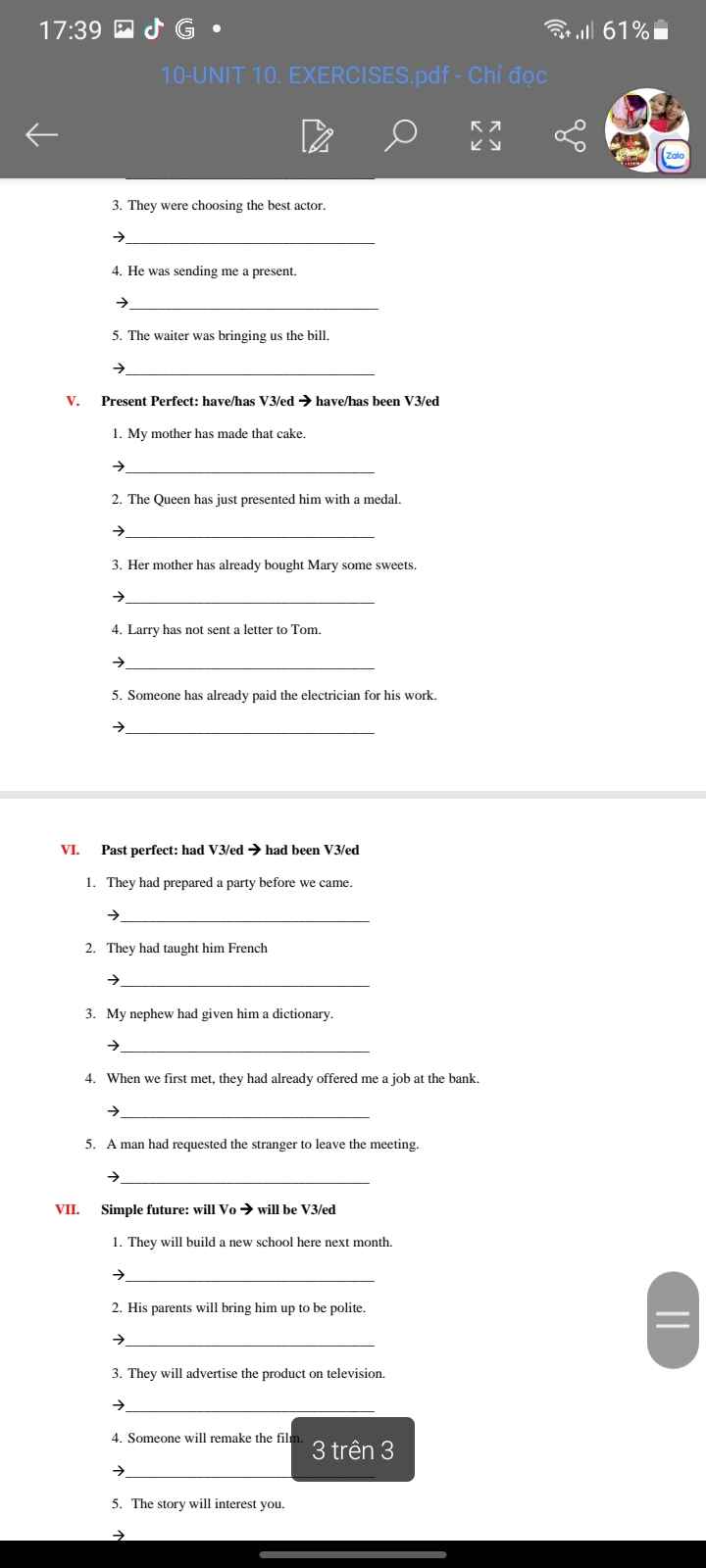❗ ❗ ❗ Many people consider the comma to be just a small punctuation mark and, at times, NEGLECT to use it properly. ❗ ❗ ❗ However, a comma can make a COMPLETE DIFFERENCE in sentences containing relative clauses. ➢ We have already known that there are two types of relative clauses: - Defining relative clauses, for example: The car (that) she bought last month was rather expensive. - Non-defining relative clauses, for example: Last week, I met Tom, who is my old friend. ⚡ Whys that? ❏ Defin...
Đọc tiếp
❗ ❗ ❗ Many people consider the comma to be just a small punctuation mark and, at times, NEGLECT to use it properly. ❗ ❗ ❗
However, a comma can make a COMPLETE DIFFERENCE in sentences containing relative clauses.
➢ We have already known that there are two types of relative clauses:
- Defining relative clauses, for example: The car (that) she bought last month was rather expensive.
- Non-defining relative clauses, for example: Last week, I met Tom, who is my old friend.
⚡ Why's that?
❏ Defining relative clause provides necessary and "indispensable" information of something or someone so that we can understand what is being inferred to => This type of relative clause does not need a comma.
❏ On the other hand, Non-Defining Relative Clause provides additional information and without that information, the sentence still makes complete sense => This type of relative clause needs a comma.
So, let's pay attention to the little comma!
♬♬♬ Practise with some excercises in the link below. After you have finished, capture your result then post it in the comment section of this post and you will be given a lovely tick! ♬♬♬
















